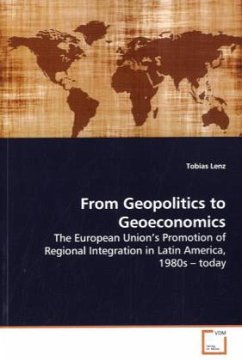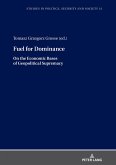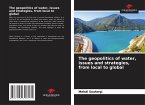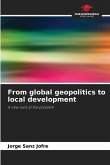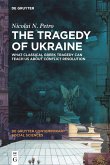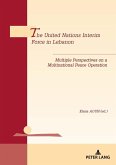Supporting regional integration has become a
cornerstone of the
European Union s relations with other regional
groupings across the
world. The policy has evolved considerably from
modest beginnings in
the 1980s to increasing commitments in both
quantitative and
qualitative terms in more recent years. This study
examines the
motivations that underpin this policy evolution,
drawing on rich
evidence from EU interregional relations with
Mercosur, the Andean
Community and Central America. By carefully tracing
EU support for
regional integration from the 1980s until today,
Tobias Lenz argues
that the underlying policy motivations of relevant EU
actors have
shifted from considerations of geopolitics to a
geoeconomic impetus.
This development has been accompanied by and
interacted with a
strategic rivalry with the United States. This study
is of interest to
students of EU external relations and comparative
regionalism.
cornerstone of the
European Union s relations with other regional
groupings across the
world. The policy has evolved considerably from
modest beginnings in
the 1980s to increasing commitments in both
quantitative and
qualitative terms in more recent years. This study
examines the
motivations that underpin this policy evolution,
drawing on rich
evidence from EU interregional relations with
Mercosur, the Andean
Community and Central America. By carefully tracing
EU support for
regional integration from the 1980s until today,
Tobias Lenz argues
that the underlying policy motivations of relevant EU
actors have
shifted from considerations of geopolitics to a
geoeconomic impetus.
This development has been accompanied by and
interacted with a
strategic rivalry with the United States. This study
is of interest to
students of EU external relations and comparative
regionalism.

